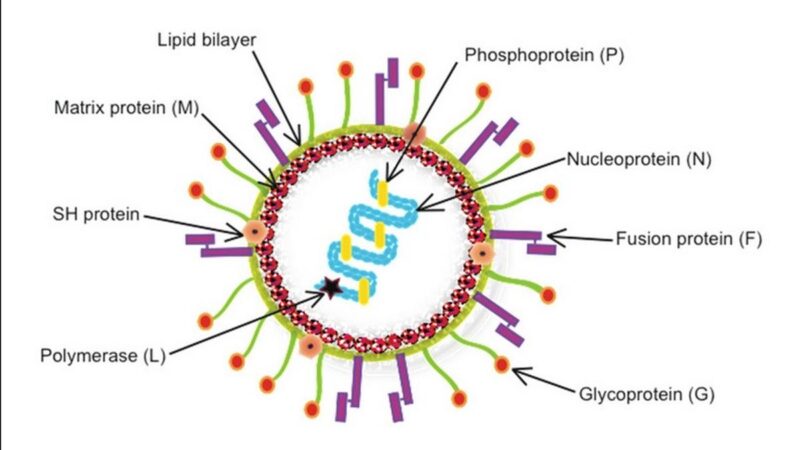Cervical cancer is a form of cancer that develops in a woman’s cervix. The cervix is the entrance to the uterus from the vagina. According to the World Health Organization, almost all cervical cancer cases (99%) are linked to infection with high-risk human papillomaviruses (HPV), an extremely common virus transmitted through sexual contact. The WHO also mentions cervical cancer to be the fourth most common cancer in women. However, with awareness and early detection, it is one of the most successfully treatable forms of cancer.
January is Cervical Cancer Awareness Month. The aim is to create awareness about the disease, causes, regular screening and HPV vaccines. Dr Mannan Gupta, chairperson & HOD Obstetrics and gynaecology, Elantis Healthcare, shares, “Cervical cancer remains a major health issue affecting women worldwide. Unfortunately, widespread myths and misconceptions about the disease can delay early detection, prevention, and treatment. It’s important to challenge these myths in order to raise awareness and encourage healthier practices.” Dr Gupta goes on to bust five popular misconceptions surrounding the disease.
One of the most common misconceptions is that cervical cancer runs in families like breast or ovarian cancer. This is not true, shares Dr Mannan Gupta.
Explaining it further, the doctor says “Cervical cancer is not hereditary; it is caused by a long-term infection with the human papillomavirus (HPV). HPV is a sexually transmitted infection, and nearly all cases of cervical cancer are linked to it. Understanding that HPV infection, not genetics, is the primary cause of cervical cancer can help women take proactive measures for prevention, such as vaccination and regular screenings”.
Another widespread belief is that cervical cancer primarily occurs in older women. While it is true that the risk increases with age, cervical cancer can affect women of any age, including teenagers and young adults, shares Dr Mannan Gupta.
The doctor adds, “HPV infections, the primary cause of cervical cancer, can occur soon after the onset of sexual activity. Hence, it is essential for women of all age groups, starting from their teenage years, to be informed about cervical cancer prevention and undergo regular check-ups.”
Fear of painful procedures often deters women from seeking early detection of cervical cancer. Contrary to this myth, detecting cervical cancer is straightforward and typically painless, shares Dr Mannan Gupta.
Explaining it further, the doctor says, “The most common test, the Pap smear, involves collecting cells from the cervix for examination. It is a non-invasive and quick procedure, causing minimal discomfort to most women. Early detection through Pap smears has saved countless lives by identifying precancerous changes before they develop into full-blown cancer”.
Some believe that cervical cancer is inevitable and cannot be prevented. This is far from the truth. Dr Mannan Gupta emphasizes, “One of the most significant advancements in the fight against cervical cancer is the development of the HPV vaccine.”
Further the doctor says, “This vaccine provides strong protection against the most common strains of HPV that cause cervical cancer. It is recommended for girls and boys in their teenage years but can also be administered up to menopause. Regular Pap smears, maintaining a healthy lifestyle, and practicing safe sexual habits further contribute to preventing cervical cancer”.
While using condoms is an effective way to reduce the risk of many sexually transmitted infections, it does not provide complete protection against HPV.
The doctor says, “HPV can be transmitted through skin-to-skin contact, meaning areas not covered by a condom can still be at risk. The best way to prevent HPV infection and its complications, including cervical cancer, is through vaccination. It’s crucial to combine safe sexual practices with vaccination and regular screenings for comprehensive protection”.
Dr Mannan Gupta shares, “We strongly advocate for raising awareness about cervical cancer. Educating women, debunking misconceptions, and promoting preventive measures can significantly reduce the burden of this disease. I urge every woman to consult their healthcare provider about HPV vaccination and cervical cancer screenings. Remember, prevention and early detection save lives.”
Stay informed on all the , real-time updates, and follow all the important headlines in and on Zee News.



![Bigg Boss 18: Chaahat Pandey feels THESE two contestants don't deserve to be in the grand finale [Exclusive]](https://eflip.in/wp-content/uploads/2025/01/bigg-boss-18-43-1-800x450.jpg)






